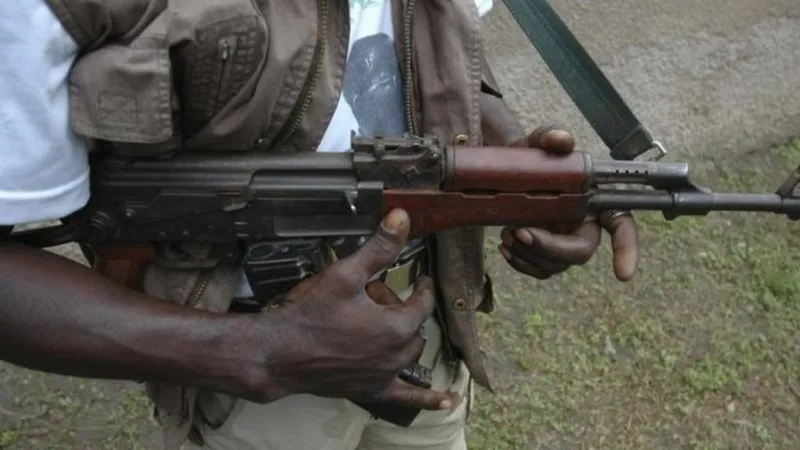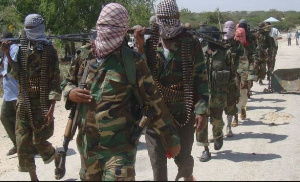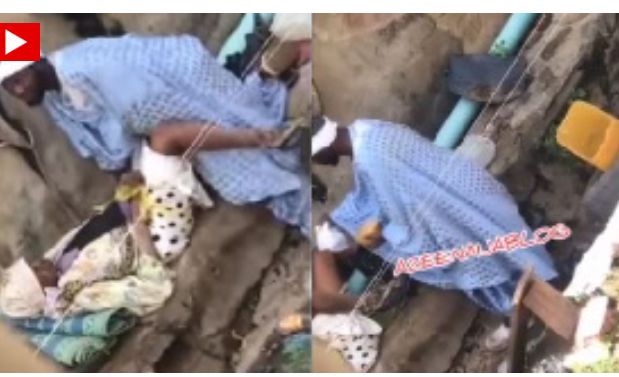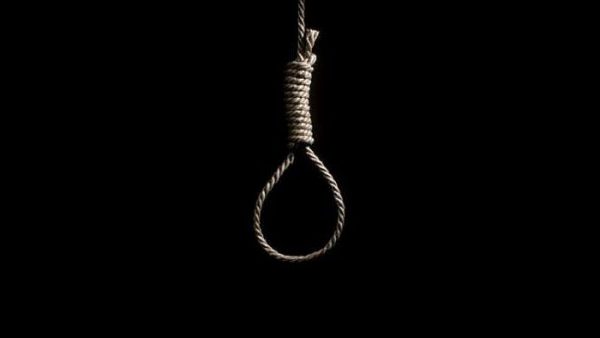Kuriga kidnap: More than 280 Nigerian pupils released

More than 280 Nigerian pupils abducted in the north-western town of Kuriga earlier this month have been released “unharmed”, officials say.
Kaduna state governor Uba Sani did not give details of the release, days before a deadline for ransom demanded by the abductors.
The children, aged eight to 15, and one teacher, were abducted on 7 March.
Kidnap gangs, known as bandits, have seized thousands of people in recent years, especially in the north-west.
However, there had been a reduction in the mass abduction of children over the past year until this week.
Those kidnapped are usually freed after a ransom is paid.
This time, the kidnappers had demanded $690,000 (£548,000). The government had said it would not pay any ransom.
In his statement, governor Sani praised Nigeria’s President Bola Tinubu “for ensuring that the abducted Kuriga schoolchildren are released unharmed”.
“The Nigerian Army also deserves special commendation for showing that with courage, determination and commitment, criminal elements can be degraded and security restored in our communities,” Mr Sani said.
The mass abduction occurred on the morning of 7 March during school assembly.
According to witnesses, the pupils were in the assembly ground around 08:30 (07:30 GMT) when dozens of gunmen on motorcycles rode through the school, eventually taking away 187 students from a secondary school and 125 from the local primary school. Twenty-five later returned.
One pupil, believed to be 14-years-old, died after being shot by the gunmen.
Most of the kidnaps in north-west Nigeria, including Kaduna state, are believed to be the work of criminal gangs trying to make money from ransoms.
In an attempt to curb Nigeria’s spiralling and lucrative kidnapping industry, a controversial law that made it a crime to make ransom payments was passed in 2022. It carries a jail sentence of at least 15 years, however no-one has ever been arrested.
Earlier this year, the family of a group of sisters kidnapped in the capital, Abuja, denied a police statement that the security forces had rescued the girls, saying that they had no choice but to pay the ransom.
There was global outrage when Islamist militants from the Boko Haram group seized nearly 300 girls in Nigeria’s north-eastern town of Chibok in 2014.
Most of the victims have either been freed or escaped since then, but dozens remain unaccounted for.






